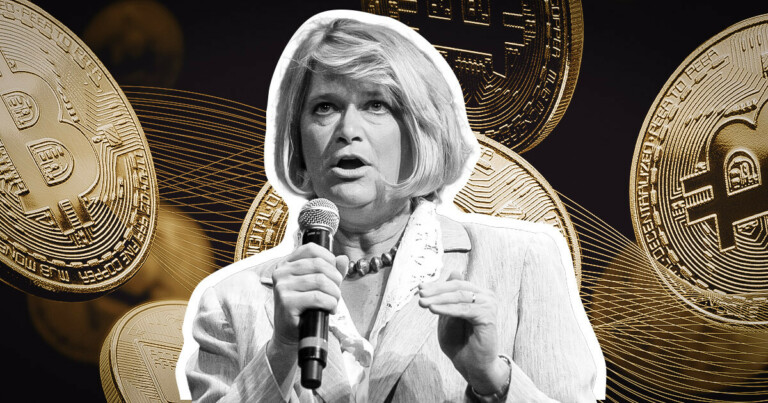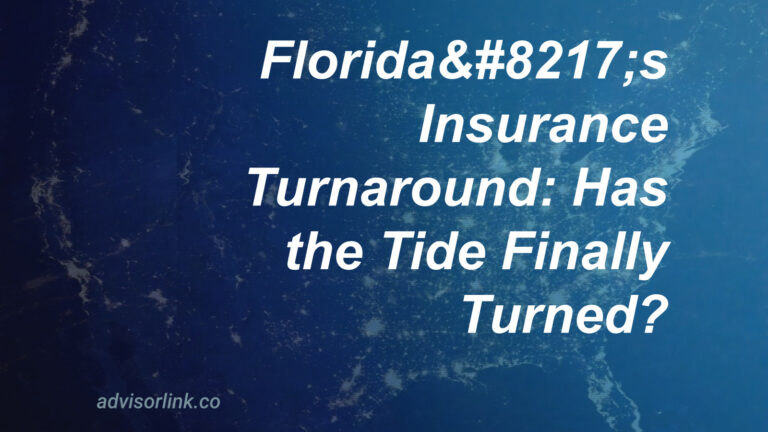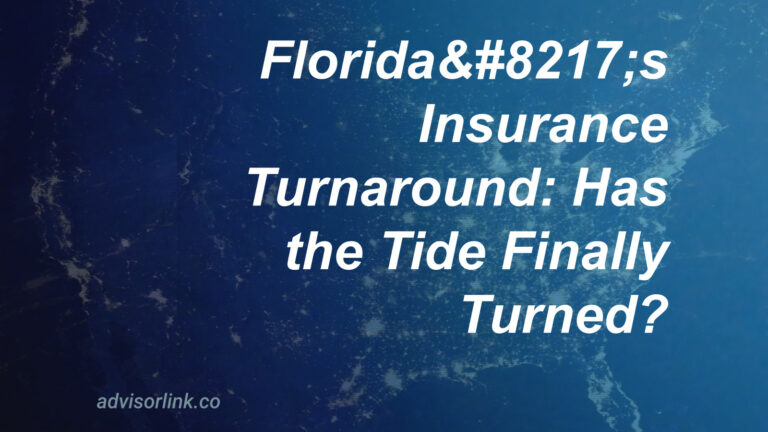2025 U.S. Liability Insurance Market Shifts: What Homeowners and Small Businesses Need to Know
# 2025 U.S. Liability Insurance Market Shifts: What Homeowners and Small Businesses Need to Know
Throughout my years covering America’s economic landscape, I’ve watched the tides of markets rise and fall with the certainty of Texas seasons. And now, as we face the dawn of 2025, the liability insurance market stands at a crossroads that demands our attention.
This story isn’t just about insurance policies and premium costs—it’s about American small business owners and homeowners facing an evolving landscape of risk in uncertain times. And like the weathered fence posts that have stood through countless storms on my grandfather’s farm, our financial protections must adapt or fail.
## Is the Insurance Market Truly Softening?
Insurance rates have indeed fallen recently, creating what industry insiders call a ‘soft market.’ But don’t let that lull you into complacency. The foundation beneath this market is shifting—carriers grow more selective by the day, carefully choosing which risks they’ll shoulder and which they’ll abandon.
As one insurance broker told me last week, “The pendulum always swings back.” Small business owners should prepare their financial houses now, before potential rate increases arrive like an unexpected Texas norther.
## Are New Threats Reshaping Policy Language?
Insurance policies—those dense documents few of us read until trouble comes knocking—are changing. Insurance carriers now scrutinize coverage language with microscopic attention, particularly regarding cybersecurity threats, wrongful collection claims, and geopolitical tensions.
Cybersecurity remains the rattlesnake in the garden—dangerous and ever-present. One data breach can devastate a small business faster than a flash flood in the hill country. The evidence suggests carriers know this, and they’re adjusting their exposure accordingly.
## Can Small Businesses Navigate New Privacy Regulations?
Eight states have enacted new data privacy laws that fundamentally change how businesses handle customer information. This patchwork of regulations creates a maze that would challenge even the most seasoned navigator.
For the coffee shop owner in San Antonio or the hardware store in Amarillo, these laws present both obligation and opportunity. Compliance avoids costly claims and penalties, but requires attention to detail that many small business owners—already wearing too many hats—may struggle to maintain.
## Why Are Employment Practice Claims Growing More Severe?
Employment Practices Liability (EPL) claims grow more frequent and more costly with each passing season. This trend affects businesses of all sizes, but small operations often lack the human resource infrastructure to prevent these claims from sprouting in the first place.
An EPL claim can hit a small business like a summer hailstorm—sudden, damaging, and leaving permanent marks. In states where litigation flourishes like bluebonnets in spring, premium increases seem increasingly likely.
## How Can Businesses Find Opportunity in Market Conditions?
Yet within this changing landscape, opportunity blooms. The liability insurance market remains generally soft, with new carriers entering the field, hungry for business and willing to consider risks that others have deemed too perilous.
Like farmers who know that even drought years bring scattered rain, savvy business owners recognize that these market conditions create space for negotiation and coverage improvement—if they act with knowledge and purpose.
## What Must Homeowners and Small Business Owners Do Now?
Homeowners who host businesses from their living rooms or rent property to entrepreneurs face unique circumstances. They must pay particular attention to trends in employment practices and cyber risks, areas where traditional homeowner policies may leave dangerous gaps in protection.
Small business owners should anticipate the market’s shifting sands and review their policies with the thoroughness of a prospector panning for gold. Each sentence matters; each exclusion could spell financial ruin if overlooked.
Compliance with state privacy laws isn’t optional—it’s as necessary as locking your doors at night. The most secure businesses will be those that understand their data protection obligations and maintain insurance coverage aligned with those responsibilities.
Finally, this evolving market allows businesses to secure coverage tailored to their specific risk profile, but this requires engagement with trusted carriers and brokers who understand both the business and the available options.
## The Path Forward
In the coming months, we’ll likely see increased news coverage focusing on how state privacy laws reshape insurance needs, the growth of cyber and employment practice liabilities, strategies for homeowners running small businesses, and how companies can leverage the current market softness.
Courage, they say, is grace under pressure. For American small business owners and homeowners facing these insurance market shifts, courage means becoming informed, being proactive, and refusing to leave their financial security to chance.
That’s the way it is, as we approach 2025. Stay vigilant, stay informed, and remember that in both insurance and life, preparation determines outcome more often than luck.
Disclaimer: General Information & Accuracy
This blog provides general information and discussions about insurance and related subjects for informational purposes only. It is not intended as professional advice, including but not limited to financial, legal, or medical advice. We strive for accuracy, but laws, regulations, information, and best practices constantly evolve, and unintentional errors can occur. Therefore, we make no warranties about the completeness, accuracy, reliability, or suitability of the blog content. Always consult with a qualified professional for advice tailored to your specific situation. Any reliance you place on this information is strictly at your own risk.





